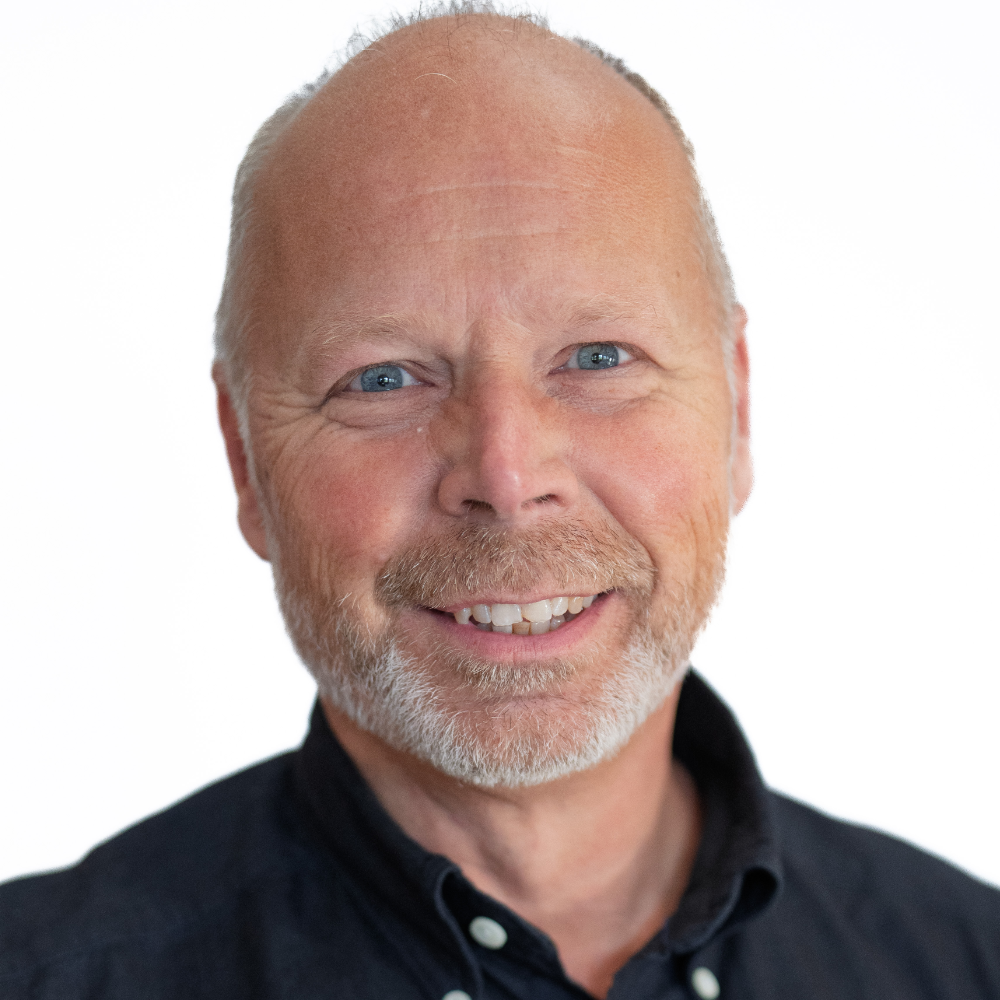Coaching Agile Teams Course 4-5 Oktober 2012
Coaching Agile Teams is a training experience that covers both the being and the doing of agile coaching. At the end of this course, you will be capable of applying many new tools and techniques to coach agile teams to high performance.
Who this course is for
Coaching Agile Teams is meant for ScrumMasters, agile coaches and project managers in transition – people who are ready to take the next step beyond practices and principles and move into activating teams to achieve the full promise of agile. This is not an Introduction-level course and we will not be covering the basics of agile or Scrum.
Learning outcomes for this course
As practical as it is provocative, the Coaching Agile Teams workshop challenges Agile coaches to rise to the fullest expression of their role and offers simple, practical ways to get there. The course is co-led by Lyssa Adkins, author of Coaching Agile Teams: A Companion for ScrumMasters, Agile Coaches, and Project Managers in Transition and Michael Spayd, systemic coach and agile enterprise transformation coach.
You’ll walk away from this course with your personal coaching improvement backlog – a tangible plan you can use to thoughtfully improve your coaching when you’re back in your daily circumstances. We use your real world situations and scenarios throughout the class allowing you to craft powerful ways to address the challenges you face. You’ll also have many new things to try with your teams and you will probably depart with a few provocative ideas to chew on (in fact, maybe wrangle with for a while). All of these outcomes add up to your ability to become the excellent agile coach your teams need.
What This Workshop Covers
- What is Agile Coaching? :: Why is it Important?
- The Being and the Doing of Agile Coaching
- Interlocking Roles: Agile Coach, Product Owner, Agile Manager
- When to Coach the Team, When to Coach Individuals
- Skills for Coaching Teams, Team Members, Product Owners, Managers, Stakeholders
- Coaching Styles and When to Use Them
- Setting the Environment for High Performance Teams
- Detecting and Solving Problems
- Starting up Great Teams :: Resetting Existing Teams
- Agile Coach Failure, Recovery and Success Modes
Past students say…
I just completed the Coaching Agile Teams: Course 1 in San Francisco. I can’t express enough how much I appreciated all the information that was shared. Not only did Lyssa honor her book in the course she also added great examples that brought home the message and techniques even more. I greatly appreciated her ability to correlate her techniques to real world scenarios that provided insight on how to scale across organizations at enterprise level.
The next day after class I participated in my Team’s Retrospective and Planning sessions. Unfortunately, due to the prior Sprint not going as well the Team would have liked, we addressed a number of challenging subjects. I received feedback that it was one of the best we’ve ever had. The Team attributed our collective success to the energy I brought back from the course and I couldn’t agree more. Great class.
~ Ted St.Clair
I recently completed the Coaching Agile Teams class in Boston. Lyssa did an excellent job presenting the material, facilitating the exercises, and creating a supportive and fun environment to learn and grow. Lyssa helped us tackle real-world problems and build our personal backlogs for continued learning after the class. I found the two-days very rewarding and have already applied techniques learned in the class with my team. I plan on taking the second part of this training. I highly recommend this class to Scrum Masters and Agile Coaches!
– Ryan Fullmer
Lyssa did a great job teaching an agile coaching class in Boston this week. She aligned the material to the class needs. She was able to address many real work issues presented by the class in her examples. Many of the techniques were demonstrated using interactive exercises that kept the class fun. I highly encourage SCRUM masters and coaches to take this class to learn/hone skills. I look forward to part 2!
– Karen TurnerPrerequisites
You must be a practicing agilist with ScrumMaster or equivalent experience because you will be asked to use what you know about your real teams throughout the class so that you can leave with ideas for helping them as soon as you get back













